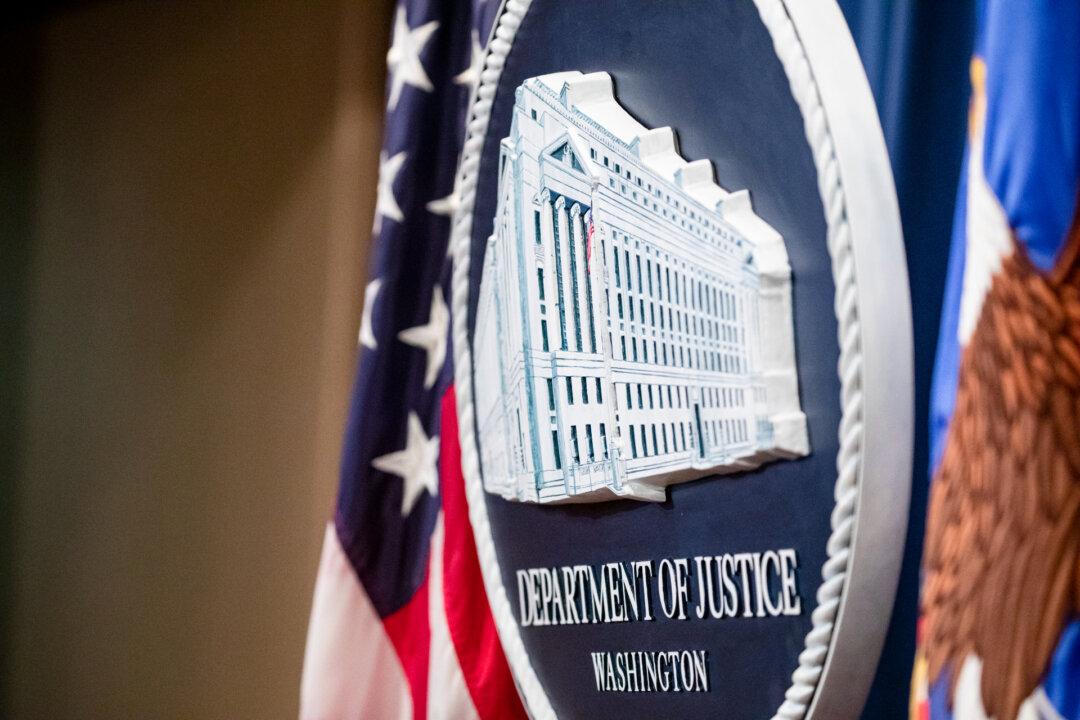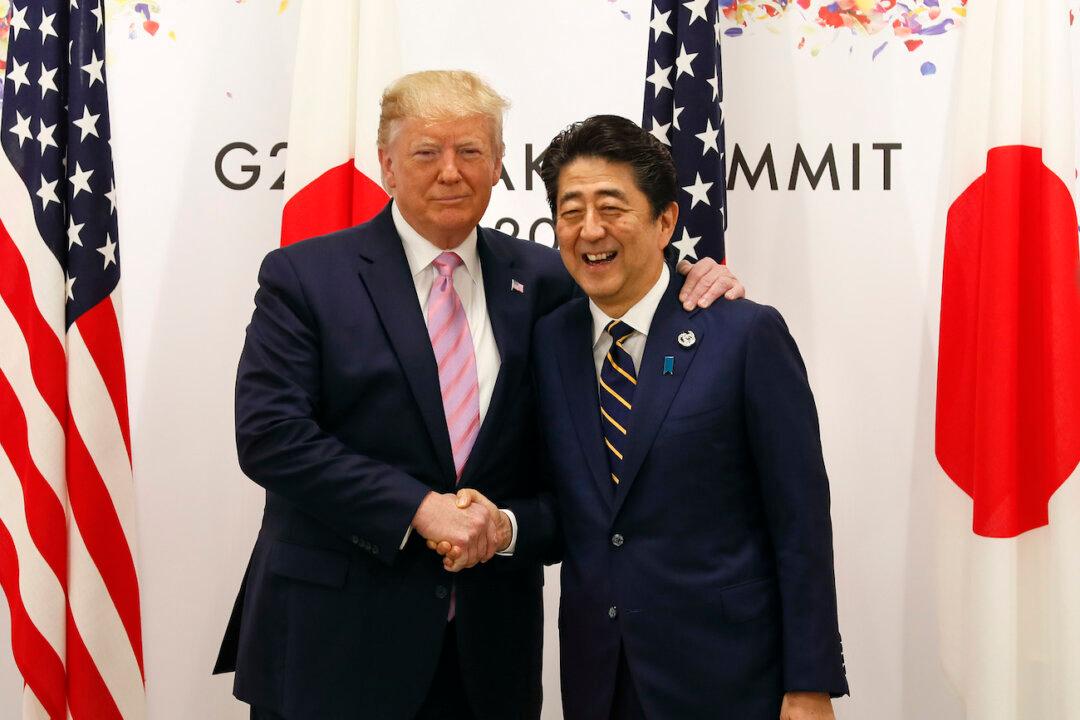China’s former finance minister Lou Jiwei warned in a recent speech that China’s “immature” 5G technology is likely to become a failed investment.
In recent weeks, Chinese leader Xi Jinping has emphasized the need for the country’s economy to develop an “internal circulation system—in other words, having domestic sectors produce all the goods for Chinese consumption, from raw materials to manufacturing.




